Critical Midwifery Studies
Part 3
Feminist and Indigenous Perspectives
Part 3 is co-hosted by the Chilean Observatory for Obstetric Violence. The lectures and panels on this day were held in Spanish and translated to English simultaneously by interpreters.
Opening Roundtable Obstetric Violence Observatories
by Michelle Sadler
Opening Roundtable hosted by Michelle Sadler.
Dig deeper
Visual Notes

Feminist and Indigenous Perspectives
by Susana Ku
Midwifery mandates using multiple lenses. Midwifery care is not a universal care, it is targeted to the persons needs, circumstances, background, realities and expectations, not doing so, simulates the failing western and colonial medicine that has perpetrated inadequate health delivery. This sessions would allow us to explore from the surface to go deeply into those lenses inviting self reflection on how we are practicing midwifery.
Dig deeper
Visual Notes
Gender Theory: A Reflection from Everyday Experience
by Maria Jose Sanchez
The space for conversation and dialogue seeks to identify gender in its multiple aspects as an element that subjectivizes our experience of the world. Being aware of this function will help us to re-signify our bodies and gazes from a feminist and satisfying perspective.
Dig Deeper
Visual Notes

Traditional Afro-Colombian Midwifery
by Ivonne Johanna Orejuela Ramírez
This workshop will go into:
How midwifery has moved from the territory to the big cities.-Problems of midwifery from western medicine.
Differences between Afro midwifery and indigenous midwifery.
Afro-Colombian traditional medicine
Visual Notes
Mexican Midwifery: Critical Race Studies, Intersectional Feminism and Decolonial Studies
by Rosalynn Vega
This class examines the humanized birth movement in Mexico and analyzes how the remaking anew of tradition—the return to “traditional” birthing arts (home birth, midwife-assisted birth, “natural” birth)— inadvertently reinscribes racial “hierarchies.” The great irony of the humanized birth movement lies in parents’ perspective of themselves as critics of late capitalism; all the while, their very rejection of consumerism bolsters ongoing commodification of “indigenous culture” and collapses “indigeneity,” “nature,” and “tradition” onto one another. While the movement is quickly spreading across Mexico, indigenous women and their traditional midwives are largely excluded from the emerging humanized birth community. Through ethnographic examples, the class suggests that indigenous individuals are agentive actors who appropriate cards in decks stacked against them. Nonetheless, examples of resistance emerge within a context of power and political economy that often capitalizes on images of indigeneity while obscuring the lives, experiences, and opinions of indigenous people.
Dig deeper
Visual Notes

How Can We Think Decolonial Obstetrics?
by Bianca Zorzam
Brazil is still marked by a series of harmful interventions in the care of women and by obstetric violence, causing damage to health and violation of their rights. In addition, the fact that medical knowledge in obstetrics is guided by the technocratic model in which invasive procedures devalue the potential of women to live childbirth freely and pleasantly. "Dialogues between knowledge and practices" is about the desire to learn about other decolonial practices of care for women. The movements for the humanization of labor and childbirth have been fighting for changes in the practices of professionals in the care of normal childbirth for more than 30 years.
This work aims, therefore, to study the care practices of traditional midwives who suffered a devaluation/erasure of their knowledge and practices by Western medicine (considered a form of epistemicide), and how the new midwives have practiced such knowledge, building other ways of understanding childbirth and relating to women during care. This research has gender studies and decolonial perspectives of knowledge as its theoretical framework.
Visual Notes

Midwifery Activism: Bridging the Gap between Young People’s Sexual and Reproductive Health Needs and Health Services
by Michelle Sadler, Héctor Kemble and Camila Videla
In this keynote, Michelle Sadler opens with a brief exposition of recent studies in Chile about the barriers that young people in general and LGTBIQ in particular face when trying to access sexual and reproductive health services.
Then, midwives Camila Videla and Héctor Kemble present the experience of Duda Sheshual (DS, a “censored” version of the words Sexual Doubt, this because of the restrictive policies within the different social networks); a midwife led education group that arises from student’s needs to solve doubts regarding sexual and reproductive health. It later broadened their reach to people outside of universities and currently carries out sexual education workshops, online clinical consultations and accompaniment, and teaching, with the objective of bringing sexual education closer to people through social networks.
They show how Duda Sheshual tackles some of the main barriers that young people encounter when accessing the official health system, and pose reflections on how different sexual and reproductive health services could work collaboratively in order to provide better care and reach young people who are reluctant to approach the official health services.





